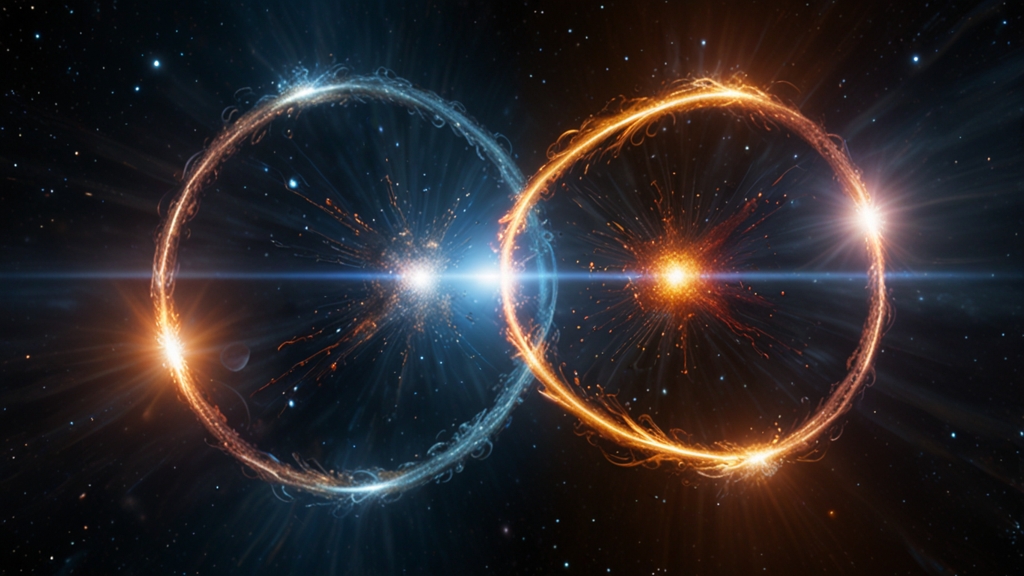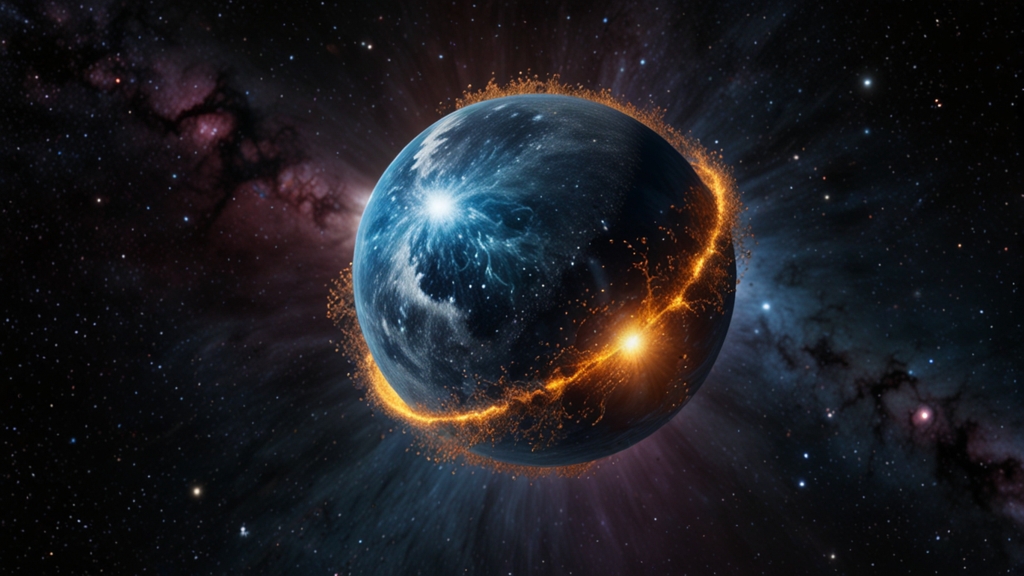The Shocking Truth Behind the Creation Story Revealed
Throughout history, the creation story has captivated human curiosity and been a cornerstone of various religious and cultural beliefs. From the Biblical account in Genesis to ancient myths from different civilizations, the narrative of how the universe and life itself began is deeply ingrained in human consciousness. Yet, as we peel back the layers of tradition and delve into contemporary research, a startlingly different picture begins to emerge.
The Origins of the Biblical Creation Story
The Biblical creation story, found in the Book of Genesis, is one of the most well-known and influential creation myths. It describes how God created the world in six days and rested on the seventh. Many have traditionally viewed this account as a literal historical record. However, modern scholarship reveals a more complex influence behind these ancient texts.
Evidence suggests that the Genesis narrative was heavily influenced by earlier Mesopotamian myths. For instance, the Babylonian "Enuma Elish" shares remarkable parallels with the Genesis account. Both stories describe the creation of the world from a primordial chaos and the establishment of order by a divine entity. Scholars like Alexander Heidel have pointed out these similarities, which suggest that the authors of Genesis were not writing in a vacuum but were influenced by the cultural and religious milieu of their time.
"The Genesis cosmology, particularly the creation narrative, was profoundly shaped by interactions with neighboring cultures and their mythologies," says Dr. Karen Armstrong, an expert in comparative religion.
Scientific Insights and Theories
In addition to historical analysis, contemporary science has reshaped our understanding of the universe's origins. The Big Bang theory, supported by extensive astronomical evidence, posits that the universe began approximately 13.8 billion years ago from an unimaginably hot and dense singularity, expanding ever since to form galaxies, stars, and planets.
This theory presents a stark contrast to traditional creation stories. It relies on observational data and mathematical models rather than theological narratives. Moreover, the theory of evolution, championed by Charles Darwin, provides a naturalistic explanation for the diversity of life on Earth, challenging the concept of a special creation of species as depicted in Genesis.
Dr. Neil deGrasse Tyson highlights, "Science's beauty lies in its ability to propose, test, and either validate or refute ideas based on empirical evidence. This rigorous process has revolutionized our understanding of origins far beyond the scope of ancient creation myths."
Reconciling Faith and Science
Given these disparities, many wonder if it's possible to reconcile faith-based creation stories with scientific explanations. For numerous believers, interpreting religious texts metaphorically rather than literally provides a bridge between faith and science. This approach allows for a nuanced understanding that honors theological traditions while embracing scientific discoveries.
Pope John Paul II, in a 1996 address to the Pontifical Academy of Sciences, stated, "Truth cannot contradict truth." He acknowledged that the scientific study of the universe and the theological understanding of creation could coexist harmoniously when both realms are interpreted correctly within their domains.
Conclusion
The creation story, whether viewed through the lens of religion, mythology, or science, remains a powerful narrative that shapes our understanding of existence. While traditional accounts offer profound spiritual and cultural insights, modern science provides compelling evidence of a complex, dynamic universe far older and more intricate than ancient texts described.
The shocking truth behind the creation story is not that it is false but that it is multifaceted. By embracing a comprehensive view that includes historical, scientific, and theological perspectives, we can develop a richer, more nuanced understanding of our origins. This holistic approach reflects the complexity and wonder of the universe, inviting us to explore and appreciate its mysteries from diverse angles.













